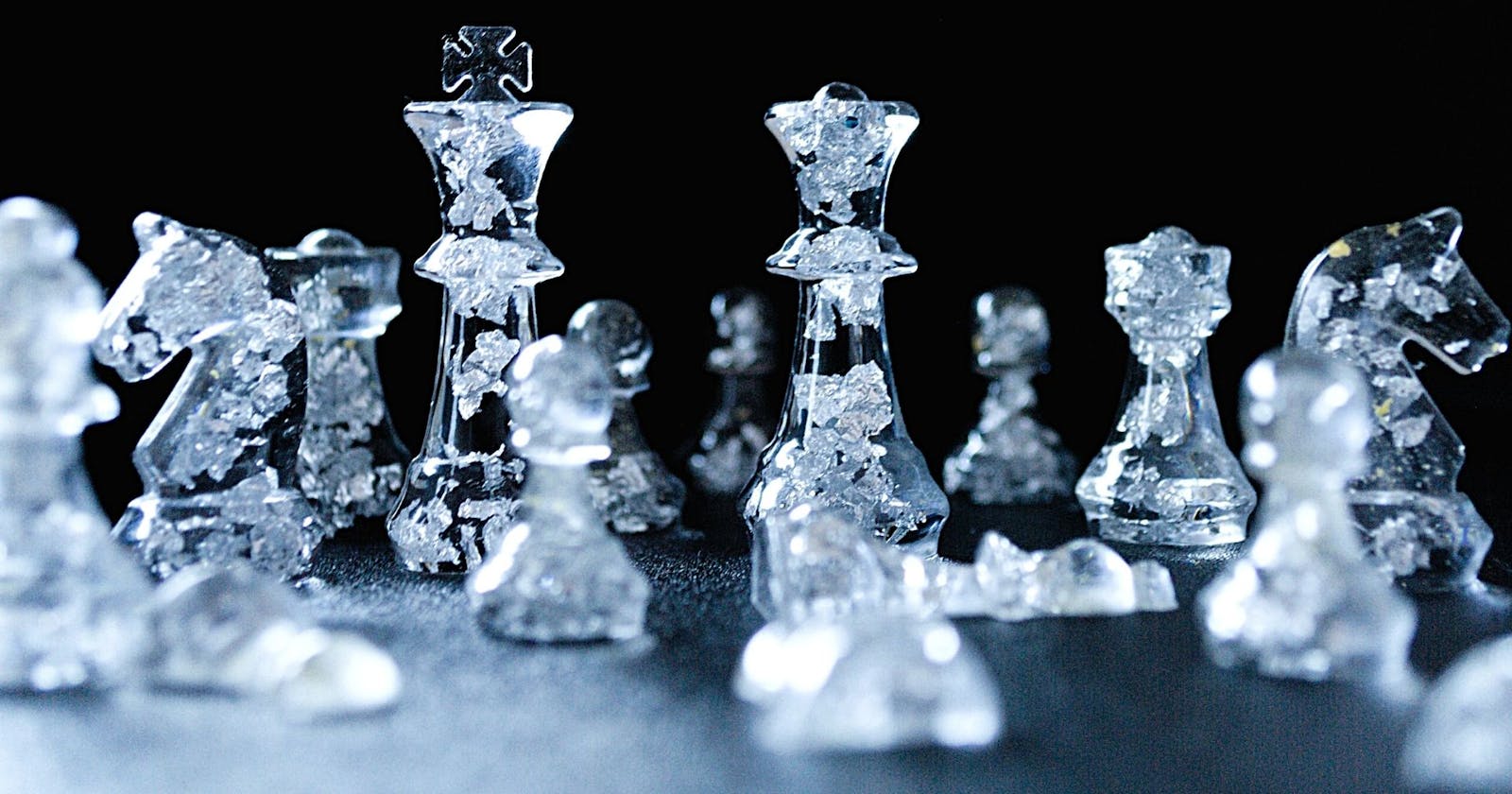We all know how important ' Decision Making' is for success, yet we make wrong decisions often. While it's easier to make the big decisions, it's harder to make the smaller ones. What we don't realize is that the sum of these tiny choices determine our success in life.
We know how to think, plan, and execute big decisions like choosing a career path or marriage or where to live. We prepare, set aside time and space for it.
But when it comes to the tiny ones, like when to sleep or having that one glass of cold lemonade on a summer night, that might give you a sore throat, it's harder for you to plan like you would for the big ones. You do it and face the unintended consequences.
Today, we have more 'choices' than we can count for any given thing. Psychologist Barry Schwartz says in "Paradox of Choice" that while more choices allow us to achieve better results, they also lead to greater anxiety, indecision, and dissatisfaction.
With freedom of choice comes the responsibility to make the right ones.
Failing to know these 'tiny' dos and don'ts might affect our momentum in essential tasks.
Let's see how can we fix them in 5 easy steps
1. Make it Clear

According to some sources, we make thousands of decisions every day.
We can't make decisions upon decisions without paying a biological cost. Decisions have an unseen biological cost that we can't see and neglect.
No matter how expert you may be, well-designed checklists can improve outcomes. -- Steven Levitt
Just knowing 'clearly' what you need to do or not is half the battle won. Write down activities that you need to do, as well as avoid them to be more productive. Things like - what to eat, what to wear, when to shop, how to use your apps, morning routines, sleep routines, etc.
2. Cut it Out

When we make too many decisions, we suffer from Decision Fatigue. It leaves us with less energy for mentally demanding tasks, killing creativity, drive and, in turn, affects happiness.
The essence of strategy is choosing what not to do ― Michael Porter
Cutting out every unnecessary or unmade decision makes room and energy for productive ones. According to a University of California Irvine study., it takes an average of 23 minutes to get back to a task after an interruption.
Try to estimate your focused time in a day as well as the cost of time breaks or energy leaks. To build momentum and maintain it. Simplify your day and daily routine with habits.
3. Time It, Space It
 Mornings are the natural way to start life. It's no wonder most successful people start super early. After a good night's sleep, our body and brain are charged up for best performance.
Mornings are the natural way to start life. It's no wonder most successful people start super early. After a good night's sleep, our body and brain are charged up for best performance.
Make a list of priorities - starting with the most challenging task because your brain is fresh and ready to handle it earlier in the day. Studies have shown how the time of day affects good decision making and productivity.
"In preparing for battle, I have always found that plans are useless, but planning is indispensable." ― Dwight D. Eisenhower
As there's no such thing as 'stability' in life, make mental and practical space to account for new or unexpected situations. Take breaks or a quick nap to recharge during the day. Intentionally STOP making decisions. Leave room for new beginnings which usually take time and space, and let your brain sort things at its own pace.
4. Make it Right
 Identify your purpose – and make sure it's right. Please write down your goals and objectives to achieve them, and review them. Everything you do during the day, week, and year must align with this purpose, getting more efficient with time. Build habits around your goals.
Identify your purpose – and make sure it's right. Please write down your goals and objectives to achieve them, and review them. Everything you do during the day, week, and year must align with this purpose, getting more efficient with time. Build habits around your goals.
If you have a strong purpose in life, you don't have to be pushed. Your passion will drive you there. ― Roy T. Bennett
Get a second opinion or some sound advice on your ideas to avoid your own cognitive biases. And be ready to iterate on your decisions based on outcomes. Iterative decision-making is faster, efficient, and leads to better results.
It doesn't matter how 'right' our choice is, but how motivated and committed we are to make it right. Having an actionable plan with the best decision is what leads to a success story.
5. Just Do It
No amount of thinking or planning can take you closer to your goals. You have to give it a try and get started. Take action and be ready to fail. But pick yourself up and try again. Or change the course.

"Unless commitment is made, there are only promises and hopes; but no plans." ― Peter F. Drucker
In summary, decision-making is more exhausting than any other mental activity. It's a lot of tiny things that make you or break you. So be mindful of how you regard them. Understand the proven and sustainable methods that seem dull or straightforward, but work. Tweak them to suit your purpose. Avoid all sorts of distractions as much as possible. Respect your mind and body.
Believe in yourself, work hard and stay healthy!
